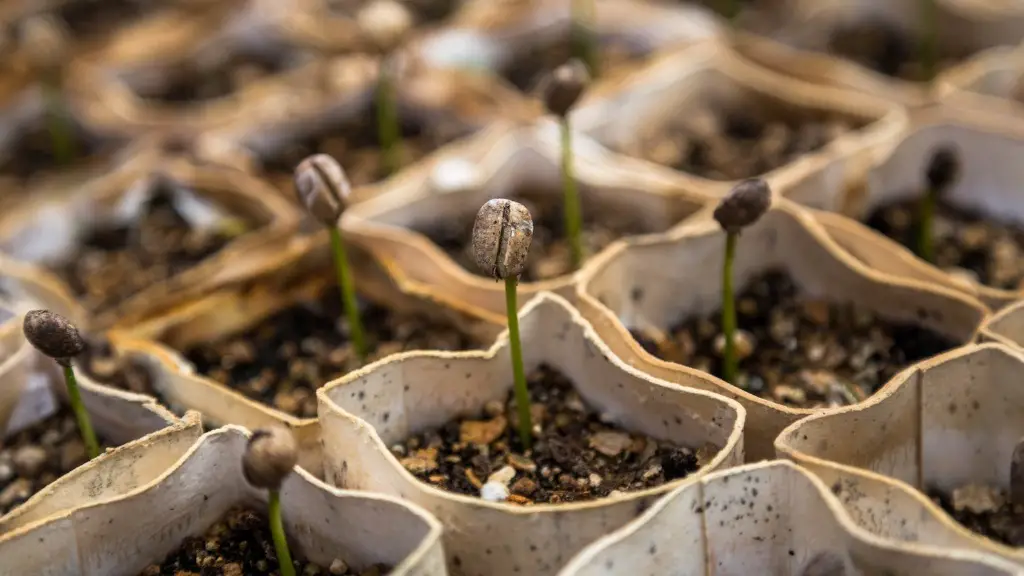Coffee is one of the most popular drinks in the world. Every day, millions of cups of coffee are consumed and enjoyed by many people, especially pregnant women. But can pregnant women safely drink coffee while they’re expecting? Research shows that depending on the individual, it may not be the best idea.
Caffeine is a stimulant and is found not only in coffee but in many other caffeinated drinks including tea, energy drinks and cola. In general, most health professionals suggest that pregnant women limit their caffeine intake to 200 mg per day. Since a cup of coffee contains around 80 to 160 mg of caffeine, depending on the type and how it’s prepared, this does limit coffee consumption for expectant mothers.
High levels of caffeine in the bloodstream can increase heart rate, blood pressure and dehydrate the body. The impact of caffeinated beverages on pregnant women can be even more serious. Studies have shown that consumed in excess, caffeine can increase the risk of miscarriage, stillbirth and low birth weight.
Results from one study found that pregnant women who drank over three cup of coffee per day were at an increased risk of early miscarriages. Additionally, research from the American Pregnancy Association has shown that moderate caffeine consumption of more than 200-300mg per day can lead to low birth weight in newborns.
Despite the risks, moderate caffeine consumption is unlikely to cause any significant harm. That being said, it is important that pregnant women keep track of their caffeine intake and avoid drinking too much coffee in order to reduce the risks. Additionally, pregnant women who are looking to cut down on their caffeine consumption may consider switching to decaf.
Managing Caffeine Intake Through Diet
To limit caffeine consumption and alleviate the worry of a potential harmful effect to the baby, pregnant women should take note of the caffeine content in any food. Coffee is not the only source of caffeine; chocolate, tea and some cold medicines can contain large amounts as well. Additionally, pregnant women should exercise caution when purchasing energy drinks or other products which may contain high levels of caffeine.
In general, reducing or avoiding caffeine intake during pregnancy is the safest option. For pregnant women who do choose to consume coffee, drinking it in moderation is the key. Making sure that the amount of caffeine does not exceed 200 mg per day should help reduce the risk of complications.
Consulting a Doctor
Before deciding to have coffee while pregnant, women should consult their doctor and seek medical advice. Pregnant women should let their doctor know about any potential health risks they may be subject to if consuming caffeine, including signs of increased heart rate, headaches, dizziness, insomnia and dehydration.
It is also important to mention any medications that may interact with the caffeine in coffee, such as certain vitamins, antibiotics and birth control pills. Consulting with a doctor can help women get a better idea of the best course of action for them and their unborn child.
Mindful Consumption of Caffeine
Coffee can be enjoyed during pregnancy, but as with most things during this important time, it should be done mindfully. Being aware of the potential risks can help pregnant women make healthier choices. Caffeine should, if consumed, be limited to 200 mg per day and monitored carefully. Consulting a doctor before consuming coffee can help ensure that caffeine is consumed responsibly and safely.
Caffeine Alternatives for Pregnant Women
Pregnant women looking for an energy boost without caffeine can try some non-caffeinated beverages. Alternatives to coffee such as decaf tea, or herbal teas and juices such as pomegranate juice can provide healthy, energizing alternatives. Additionally, indulging in food such as nuts, seeds and whole grains can provide energy and various beneficial nutrients.
Exercising During Pregnancy
Exercising during pregnancy can be a great way to stay active and healthy without having to rely on caffeine. Pregnant women can start with introductory exercises such as walking, swimming, prenatal yoga and light weight lifting. Additionally, pregnant women may consider joining a pregnancy-specific exercise class, which can provide the added benefits of encouraging social interaction and emotional support.
Staying Hydrated
It is important for pregnant women to stay hydrated, as dehydration can have a negative effect on the baby’s development. Drinking plenty of water can help offset any dehydration caused by caffeine intake. Additionally, pregnant women should consider incorporating electrolytes into their diet to properly balance the fluids in the body.



